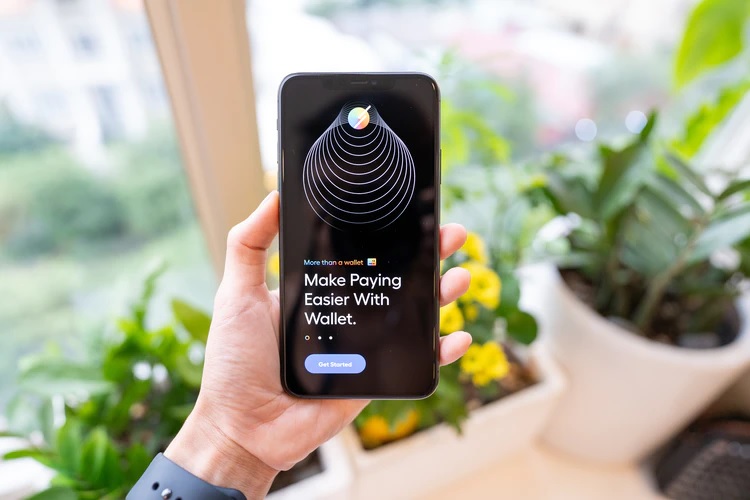In 2018, the US Supreme Court repealed a federal ban on sports betting. Since then, sportsbooks have sought to meet the demand amongst sports fans looking to wager on major games or throughout the season.
A massive upswing in demand for quality sportsbooks has seen a wide variety of betting options for fans—but not all are created equally. Depending on local laws, retail sportsbooks, online oddsmakers, and live mobile betting are available to the public.
Sportsbooks compete with one another to offer exclusive deals to punters. When it comes to wagering on major sporting events, top oddsmakers offer live, or in-play, betting options. Not only does this bring punters closer to the action while attending a game, but it’s one way that fans watching from home can feel closer to their favorite sport.
Today, much of the rhetoric surrounding live betting options predicts the future of this sector of sports betting or all cricket betting sites in India. At the moment, in-play betting is overwhelmingly conducted via a mobile device. But what key technologies do major sportsbooks use to put their in-game betting options ahead of the competition?
Some platforms track your IP/location for security reasons. Privacyonline VPN allows you to hide your IP and surf the internet freely or even play your betting games.
Clean Interface
As mentioned earlier, not all sportsbooks are created with the same considerations. Some groups may provide the most exclusive welcome bonuses, while others may deliver on a well-designed platform. When it comes to live betting, a clean interface should be a punters’ main priority.
In-play betting options happen at a lightning-quick rate. Punters can bet on which hockey player will score via slapshot or which basketball player will sink the next three-pointer, which means users shouldn’t be hung up on in-app navigation.
Most punters won’t use an app for the first time while betting on a live game, but it’s easy to get turned around with only five minutes left in a major game—and especially when taking advantage of microbets. Mistakes can be costly and deter a punter from using the same platform twice.
Though it may not seem like a technological consideration for oddsmakers, perfecting a clean interface is more than top-tier design. It must provide users with simple navigation, real-time updates, and present only necessary actions in a live-betting mode.
Preventing Server Overload
For any business, knowing how to store and move data is important. But for sportsbooks looking to deliver live bets and payouts, mobile apps must be able to handle massive amounts of data at the drop of a dime.
Server overload is a major concern for sportsbooks launching their in-play offerings. Sudden spikes in traffic can lead to mobile crashes. Considering the entire idea of mobile betting is to get in on the action while it’s happening, server overloads are an ongoing tech concern for major sportsbooks.
Mobile apps providing in-play betting must update second-by-second, which is one reason popular stadiums are looking to partner with service providers that can provide 5G connections. However, the primary tech solution to prevent server overloads the utilization of relevant data centers.
For instance, if a sportsbook knows their app will be used exclusively for live betting at Arrowhead Stadium in Kansas City, Missouri, then the sportsbook would look to utilize servers near that area. This prevents data from moving over large geographic areas and increases functionality and end-user capacity.
Caption: Digital wallets will likely be integrated into apps that provide live betting options.
Looking Ahead: Digital Wallets
At the moment, major sportsbooks offer a range of banking options. For those new to punting or even to spending money online or via mobile app, it’s often easiest to connect a personal banking account or credit card.
Moving forward, apps that offer live betting will likely shift to require digital wallets. This streamlines the live betting experience and provides faster payouts for bettors, which helps users track their spending and tally their winnings.
Near Field Communication (NFC for short) is the key technology behind digital wallets. The NFC provides a connection between the user’s e-wallet and the sportsbook, but it also reduces transaction fees, increases cyber-security measures protecting personal information, and simplifies the cash-out process.
Major digital wallets include familiar names, from PayPal to Visa to Apple.

